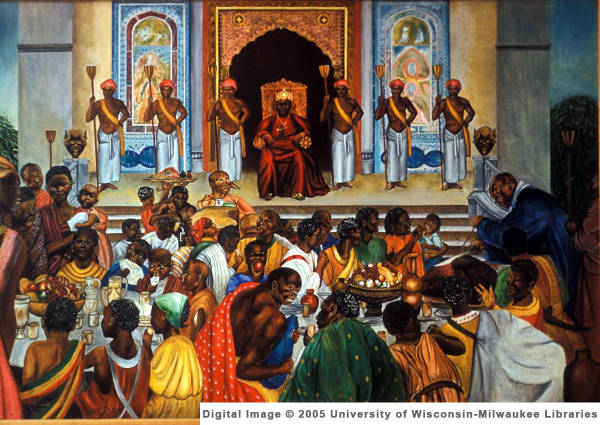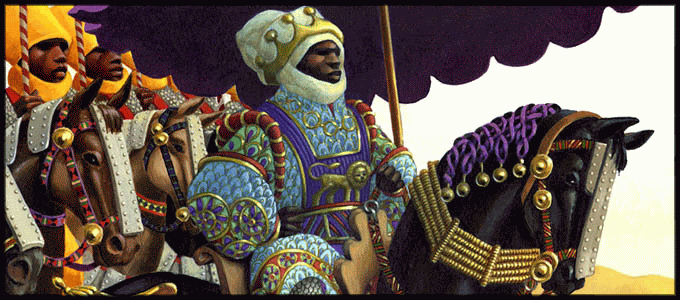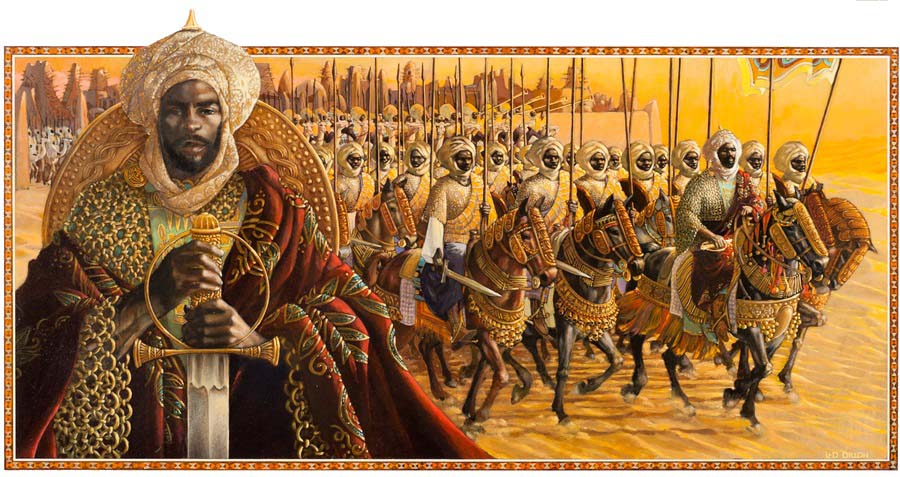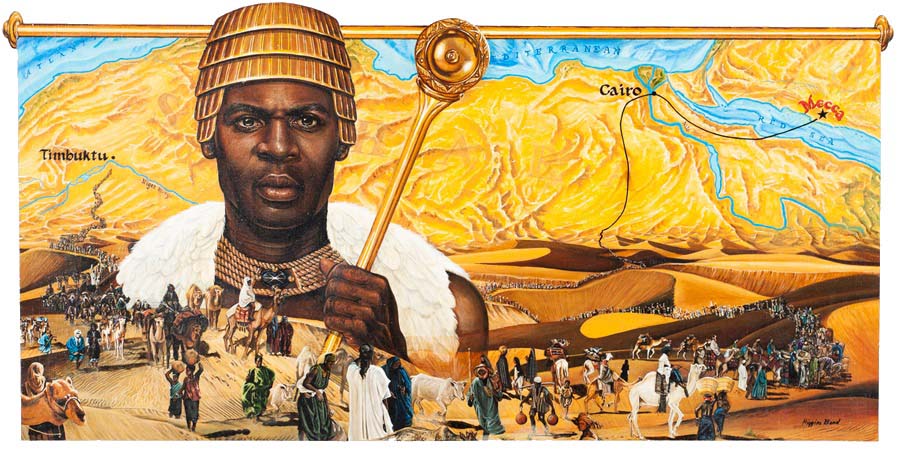While Europe faced the period popularly called the dark ages after the fall of the Roman Empire, Africa was experiencing a widespread renascence. Contrary to common belief, the Nile valley civilizations such as Egypt and Nubia weren’t the only sophisticated realms Africa had around that time.
New regions became authorities with urbane societies’, from the trading nation of Axum at the horn of Africa to several great empires in West Africa. This 2 part post, covers 7 great African kingdoms picked based on their level of progress in society and culture.
The Ghanaian Empire (The kingdom of Ghana)
It’s commonly believed that The kingdom of Ghana was founded by the Berbers, a nomadic group from Middle Africa with links to North and Middle Eastern Africans. Centered in what is today Senegal and Mauritania, the Kingdom of Ghana dominated West Africa between about 750 and 1078 A.D. Famous to North Africans as the “Land of Gold,” Ghana was said to possess sophisticated methods of administration and taxation, large armies, and a monopoly over notoriously well-concealed gold mines.

Tenkamenin – King of the kingdom Ghana 1037 to 1075 AD
The king of the Soninke people who founded Ghana never fully embraced Islam, but good relations with Muslim traders were fostered. Ancient Ghana derived power and wealth from gold and the use of the camel increased the quantity of goods that were transported. One Arab writer, Al-Hamdani, describes Ghana as having the richest gold mines on Earth. Ghana was also a great military power. According to one narrative, the king had at his command 200,000 warriors with over 40,000 archers.
The fall
Its unclear what led to the downfall of the empire but believed that it was incorporated into the Mali Empire
The Mali Empire
Located on the Niger River to the west of Ghana in what is today Niger and Mali, the empire reached its peak in the 1350s. Sundiata Keita led the creation and expansion of the Mali Kingdom beyond the scope of any kingdom in Europe at that time. Its influence spread throughout West Africa (particularly the lands across the Niger River) dispersing its language, laws and customs along the way.
Timbuktu, an important city in Mali, became one of the major cultural centers not only of Africa but of the entire world hosting great libraries and an Islamic Universities.

Sundiata Keita prince and founder of the Mali Empire
Above all, the Mali empire flourished because of its trade capacity, dealing majorly in gold, cotton and salt which the government also benefited from by tax. They maintained a semi-professional military run by a partially Imperial government and owned one of the world’s oldest known constitutions – The Kurukan Fuga
The fall
Following the death of Mansa Musa, one of the Mali’s prominent leaders, the kingdom began to shrink. The Mossi of present-day Burkina Faso made inroads into Malian territory in the south and the Tuaregs advanced from the Sahara to the north. After launching a number of successful raids on Timbuktu, the government was undermined and disputes over succession weakened the crown with a number of vassal states declaring their independence, most notably the Songhai of Gao.
Songhai Empire
This is regarded as the largest state in African history and the most powerful of the medieval West African states. Previously a Mali State, it was expanded by King Sonni Ali in the 1400’s after gaining independence from the Mali empire and dominating the Western Sahel. This country grew into one of the greatest empires sub-Saharan Africa has ever seen.
They inherited the city of Timbuktu and expanded the Islamic University. The economy was based on clans which majorly decided ones occupation and maintained trade with Arab, Italian, and Jewish merchants.

Sunni Ali. The first king of the Songhai Empire
The Songhai empire had a great army led by Askia the great (a patron of Islam) which consisted of war canoes, expert cavalry, protective armor, iron-tipped weapons, and an organized militia. They were majorly an Islamic Empire with the Upper classes in society converted to Islam while lower classes often continued to follow traditional religions.
The fall
Judar Pasha from Morocco led an invasion on the empire which ended at the battle of Tondibi where the Songhai forces were routed by a cattle stampede triggered by the Saadi’s gunpowder weapons. The Songhai forces lost the battle despite their vastly superior numbers and Judar Pasha proceeded to Timbuktu and Djenné, destroying the Songhai as a regional power.
To be continued…



